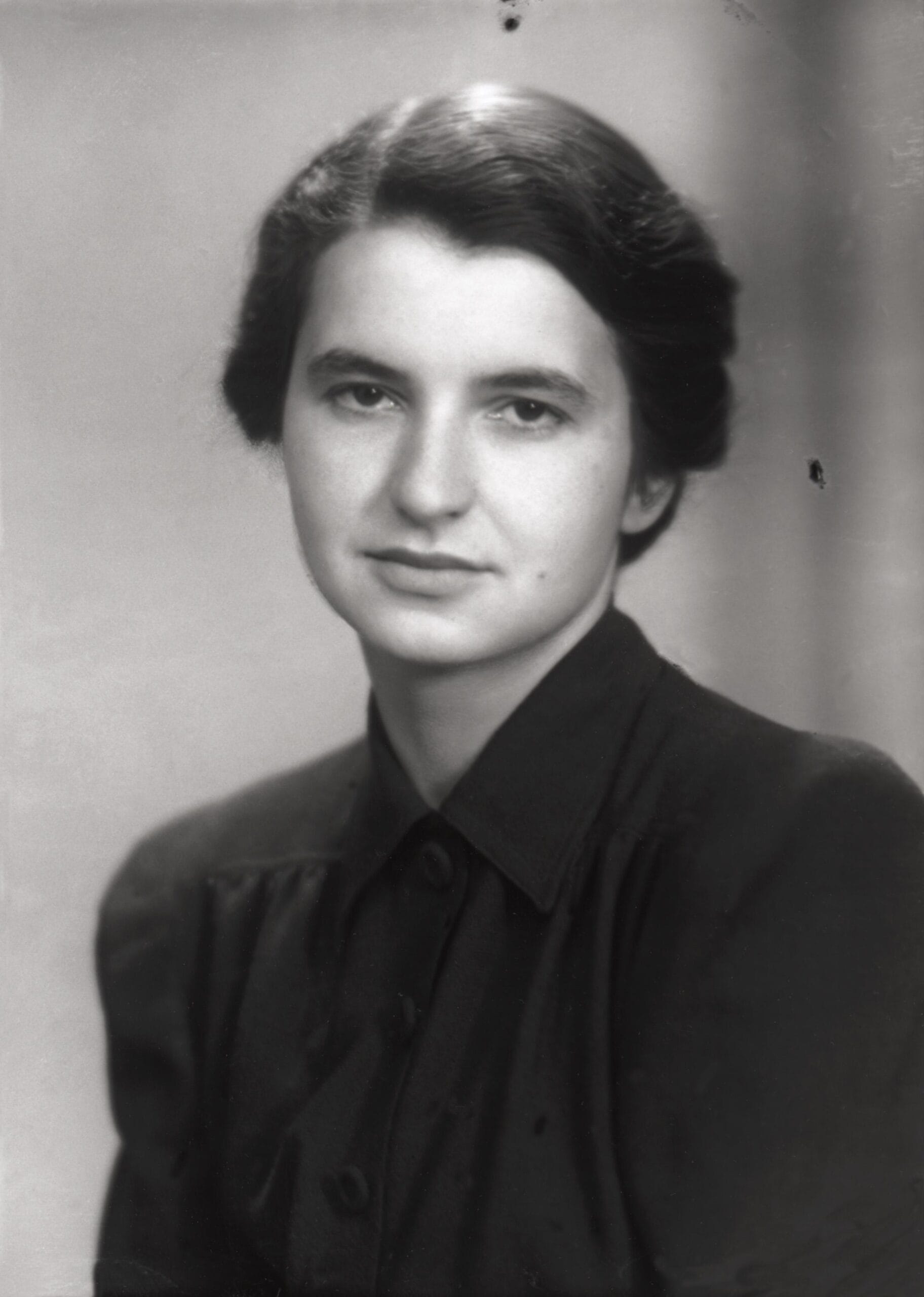Alessandro Volta
Alessandro Volta (1745–1827) was an Italian physicist and chemist renowned for inventing the voltaic pile, the first chemical battery. His groundbreaking work in the late 18th century paved the way for advancements in electrical science, influencing the development of batteries and contributing significantly to the understanding of electricity. Volta’s name is immortalized in the unit … Read more



















